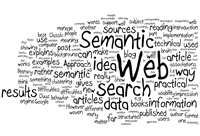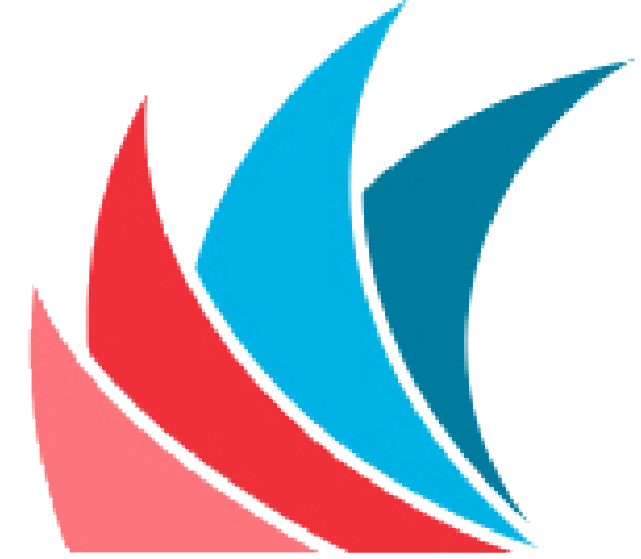
- Faculty:
- Jennifer Ellis, Esq.
- Duration:
- 00:52
- Format:
- Audio and Video
- Short Description:
- The Coronavirus pandemic has forced many attorneys to work from home. While some may have been prepared for the shift to working remotely fulltime, others are considering the notion of working outside of their traditional office space for the first time. In this free program, attorney Jennifer Ellis reviews some of the basic office functions attorneys need to replicate...

- Faculty:
- Jeffrey R. Schoenberger, Esq.
- Duration:
- 1 Hour 4 Minutes
- Format:
- Audio and Video
- Short Description:
- Legal technology is a double-edged sword; it can cause malpractice, or it can guard against it! Most of the top causes for malpractice and grievance issues are related to organization, communication, and law office management. As such, they are largely preventable. How do you properly communicate confidential information with clients? How do you properly negotiate documents with opposing counsel?

- Faculty:
- Sharon D. Nelson, Esq. | John W. Simek
- Duration:
- 1 Hour 3 Minutes
- Format:
- Audio and Video
- Short Description:
- Deepfakes can impact our relationship to information and the tools we use to work with it. How will this new horizon impact the trustworthiness of evidence and will the legal profession have the tools needed to test what they see or hear? What are the implications for the Rule of Law and our democracy? Topics our presenters will cover include:

- Faculty:
- Cynthia Sharp, Esq. | Becky Howlett, Esq
- Duration:
- 1 Hour 3 Minutes
- Format:
- Audio and Video
- Short Description:
- Do you control your digital life or does it control you? Whether texting, emailing, posting on social media, or browsing the Web, many people are at the mercy of their digital devices. Indeed, Internet addiction is on the rise and is linked to mental health concerns like depression and anxiety. In 2019, the average American checked their phone 96 times a day. By the end of 2021, that figure ...

- Faculty:
- Carole Levitt | Mark Rosch
- Duration:
- 1:00
- Short Description:
- As law office technology becomes more sophisticated, more and more of the functions of that software is moving off-site...off of the lawyers' own computers and networks, and into the "Cloud." Different states take different positions about how and whether attorneys can and should be using cloud services in their practices. This articles reviews nearly three dozen ethics opinions from multiple jurisdictions to discuss those various positions. California attorneys and paralegals can earn one hour of California Legal Ethics MCLE credit by reading this article and completing the accompanying quiz related to the article and the Ethics Opinions it covers.

- Faculty:
- Mark Rosch | Carole Levitt
- Duration:
- 1:00
- Short Description:
- Lawyers looking for evidence need to start thinking about looking "virtually." With increasing amounts of "paperless" information being added to the Internet every minute of every day, there is an increasing chance lawyers could find potentially relevant evidence there. Evidence to prove or refute a point in contention, get the upper hand in a settlement conference, or decide w

- Faculty:
- Danielle DavisRoe
- Duration:
- 1 Hour 2 Minutes
- Format:
- Audio and Video
- Short Description:
- Office 365 is now and the future! It provides our wonderful and latest Office tools like Word, Excel, Outlook at a reasonable cost and convenience, but it also provides amazing collaboration and time management tools. In this session, our experts to demonstrate how to collaborate using the tools that are baked in and part of this subscription ... tools that most lawyers overlook. Learn also how to...

- Faculty:
- Jeffrey R. Schoenberger, Esq. | Barron Henley, Esq.
- Duration:
- 1 Hour 2 Minutes
- Format:
- Audio and Video
- Short Description:
- Want to get something for nothing? Has that ever turned out well? Maybe yes...maybe no. But it can with cloud technology. Plenty of legal organizations subscribe to Microsoft 365 and do so primarily for Word, Excel, and Outlook. But there's another great benefit to Microsoft 365 - whether you are a solo attorney or a multi-member firm: OneDrive. Every Microsoft 365 subscription includes...
Please wait ...

